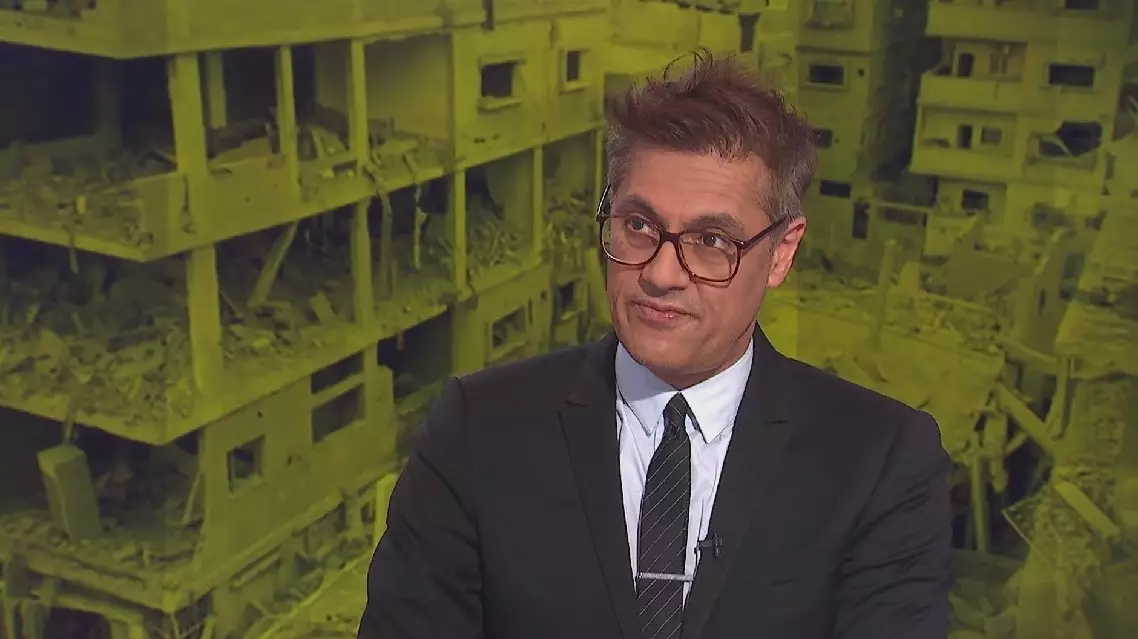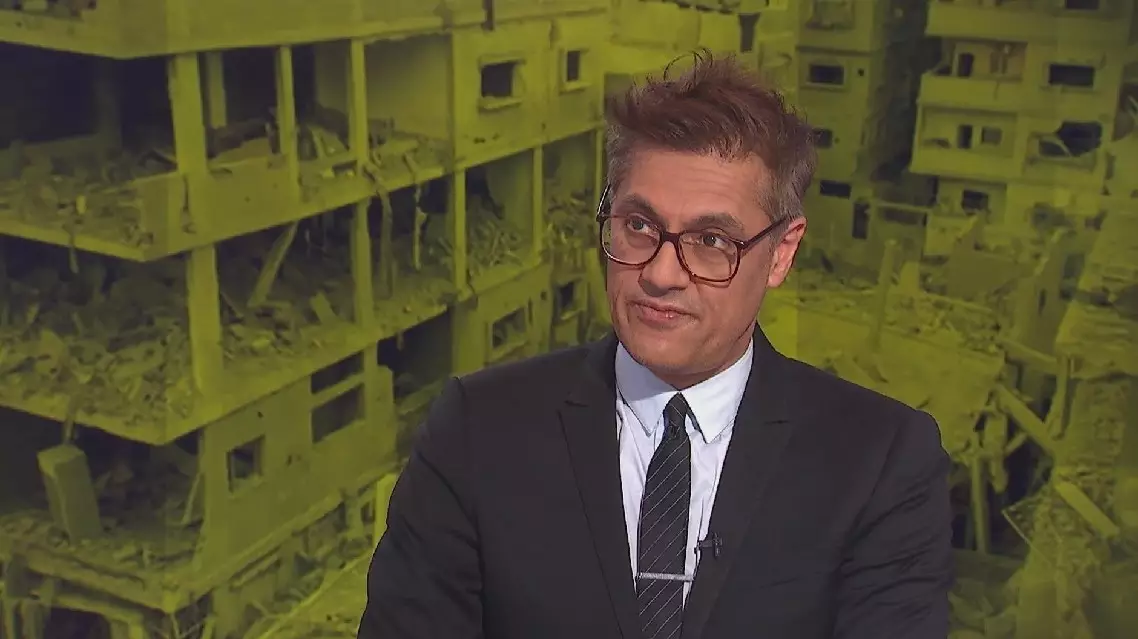Rebel forces have taken majority control of Syria's second-largest city, Aleppo, in what analysts are calling one of the most significant challenges to President Bashar al-Assad's rule in over a decade.
The offensive, led by the Islamist group Hayat Tahrir al-Sham (HTS) and allied factions, marks a major escalation in Syria's 13-year civil war, which has claimed more than half a million lives since 2011.
The surprise assault began on Wednesday, with intense clashes between insurgents and government forces, followed by counterstrikes from Russian and Syrian warplanes. Despite these efforts, Syrian forces announced a "temporary troop withdrawal" on Saturday, citing the need to regroup for a counteroffensive. The retreat has left Aleppo, once a stronghold of Assad's regime, largely in rebel hands for the first time in eight years.
The city's international airport has been shut down, with all flights suspended, according to the United Nations. The renewed violence has triggered a mass exodus of residents fleeing toward government-controlled areas, further exacerbating the humanitarian crisis in the war-torn nation.
The Syrian civil war, which had mostly stagnated since 2020, has been reignited by this latest rebel offensive. The scale and speed of the attack have drawn comparisons to the early years of the conflict when opposition forces captured vast swathes of territory, before Assad, with the backing of Russia and Iran, managed to reverse many of those gains.
"It's one of the biggest challenges that Bashar al-Assad has ever had to face during his time as Syrian leader since 2000 and since the civil war began in 2011," said Rahul Pathak, a television presenter and Middle East analyst.
"It's very similar to the situation that he found himself in when the civil war first began. The rebels back then enjoyed significant success. They captured large parts of the country, specifically in the north and the east. Aleppo is actually in the north of the country," said Pathak.
However, this time, the situation is more complex. Russia, Assad's primary ally, is heavily preoccupied with its ongoing war in Ukraine, potentially limiting its ability to provide immediate and substantial assistance. Moscow has pledged to send additional military aid to Damascus in the coming days, but questions remain about how quickly and effectively this support will materialize.
The Kremlin has condemned the rebel offensive, labeling it an encroachment on Syria's sovereignty. Russian officials have called for the swift restoration of constitutional order in the region, underscoring their commitment to Assad's regime. Yet, analysts suggest that Russia's divided attention may hinder its response.
"What turned the tide for him back then was the support of Russia, primarily the Russian Air Force. It allowed his forces to retake much of that lost territory. And since 2020, the conflict has reached a bit of a stalemate. However, this time around, although Russia has said 'we will continue to support Assad', obviously Russia has the Ukrainian war to deal with right now. So that's probably its primary focus," said Pathak.
Traditionally, Assad has also relied on support from Iran and Iranian-backed groups such as Hezbollah. However, recent Israeli airstrikes have reportedly weakened Hezbollah as a fighting force and diminished Iran's capacity to assist Syria. This loss of critical support further complicates Assad's position as he faces this renewed insurgent threat.
"Also, Syria has traditionally enjoyed the backing of Iran and Iranian-backed groups like Hezbollah. But recent Israeli airstrikes severely weakened Hezbollah, particularly as a military fighting force, and Iran's ability to help Syria, which has been so crucial in the past," said Pathak.
The fall of Aleppo into rebel hands is likely to send shockwaves across the region. Aleppo, once Syria's economic hub, has long been a focal point of the civil war. Its capture by opposition forces represents not only a symbolic blow to Assad's authority but also a potential turning point in the conflict.

Rebel forces seize majority control of Aleppo, challenging Assad's regime

Rebel forces seize majority control of Aleppo, challenging Assad's regime









